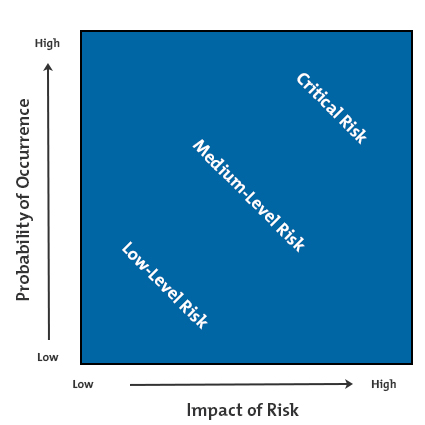LEADING OTHERS: Project Management Toolkit
Description
Project management is the application of skills, knowledge, and tools toward the achievement of a particular project goal or objective. There are 4 key processes to accomplish project management. These are design, plan, execute and assess. As leader managing a project, you are typically involved in defining objectives, identifying needs and resources, balancing competing priorities, managing stakeholders and delivering outcomes.

Image credit: MindTools
Designing
A useful tool to use before a project gets underway is a Project Charter or Partnership Agreement in the case where other stakeholders are involved. These documents help to establish the project background, agreed upon assumptions, constraints, risks, roles and responsibilities. All parties must contribute to the development of a Project Charter or Partnership Agreement and each should sign off to ensure expectations are managed. (See the Activity Documents and Links for templates.)
Planning
Planning is perhaps the most obvious phase of project management. It includes setting the scope, outlining the activities and workplan, identifying costs and creating contingencies to mitigate perceived risks. Risk identification is an often forgotten part of project planning. However, if risks are assessed than plans can be created to prevent or possibly address those risks when the time comes. Brainstorm some of the possible ways in which a project could delay or stall. Use the Risk Probability Matrix to visualize those risks and plot them in the appropriate quadrant. (See the Activity Documents and Links for template.)
Executing
As already discussed in the Execution Activity in the Leading Self Module, execution is the culmination of the ideation and development of any initiative. This phase usually includes everything from communication, information distribution, performance reporting, and quality assurance which comprises the actual “doing”.
Assessing
Once a project is “closed” – either because it has achieved its desired outcomes or met the end of its timeline – an After Action Review offers a valuable opportunity to assess “lessons learned”. Knowing what worked and what didn’t can help you better prepare and deliver future projects. (See the Activity Documents and Links for template.)
Task
1. Choose one of the Project Management tools provided and implement it in your current or upcoming changemaker work.
2. Use the Discussions section to reflect on your experience with the tool and share that with other changemakers.
Learning Objectives
Through this activity you will add to your repetoire of project management resources and tools to apply in your leadership roles. Featured skills and competencies include: reading skills, writing skills, time management, project management, and planning/organizational skills.
Continue to LEADING OTHERS: Sustaining the Changemaker »
